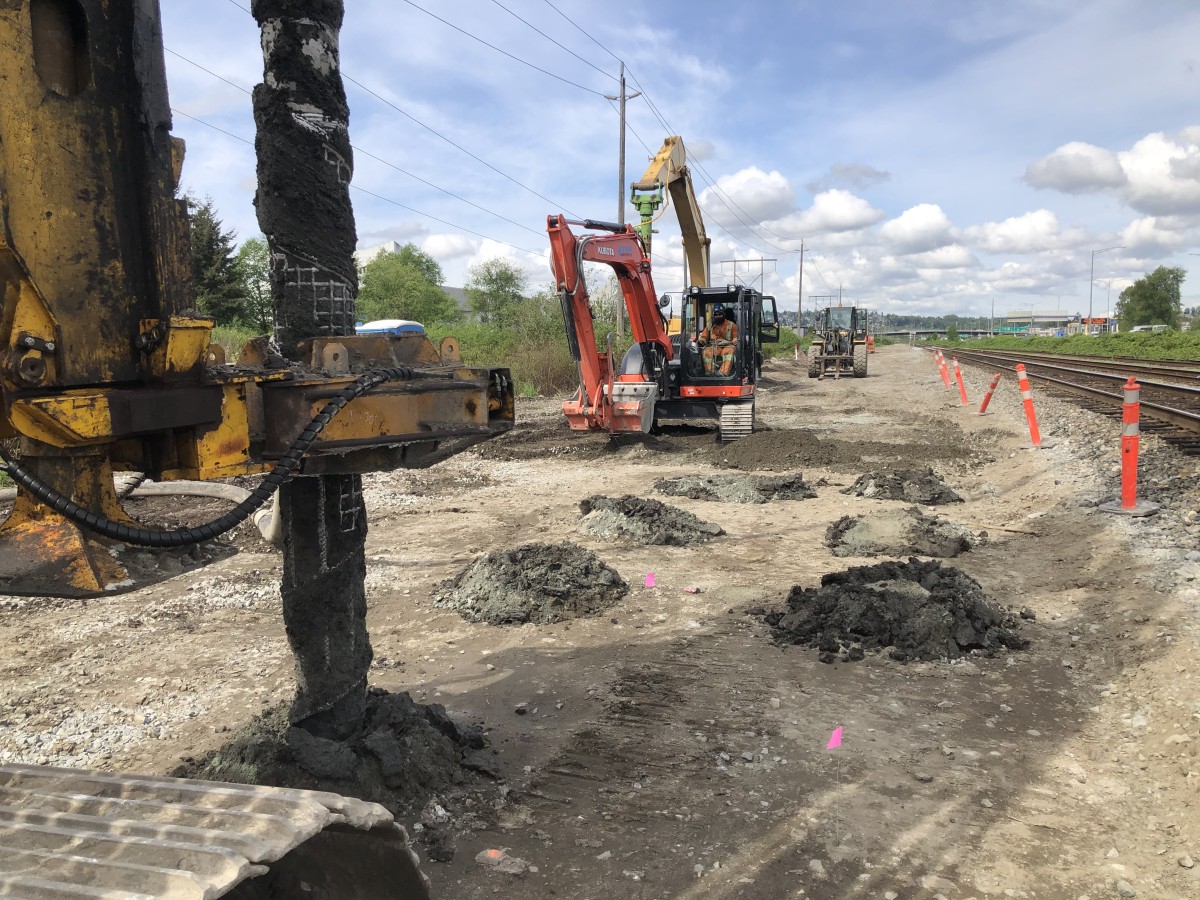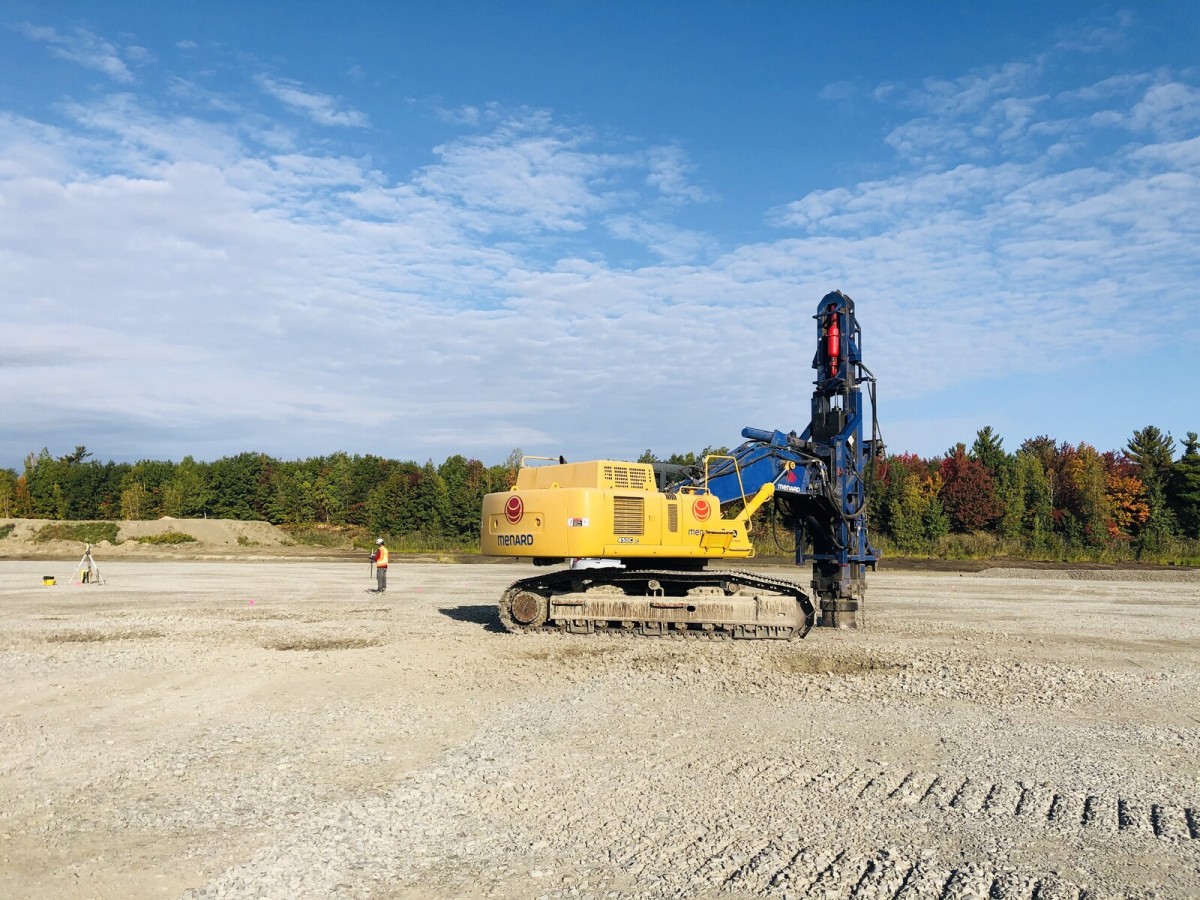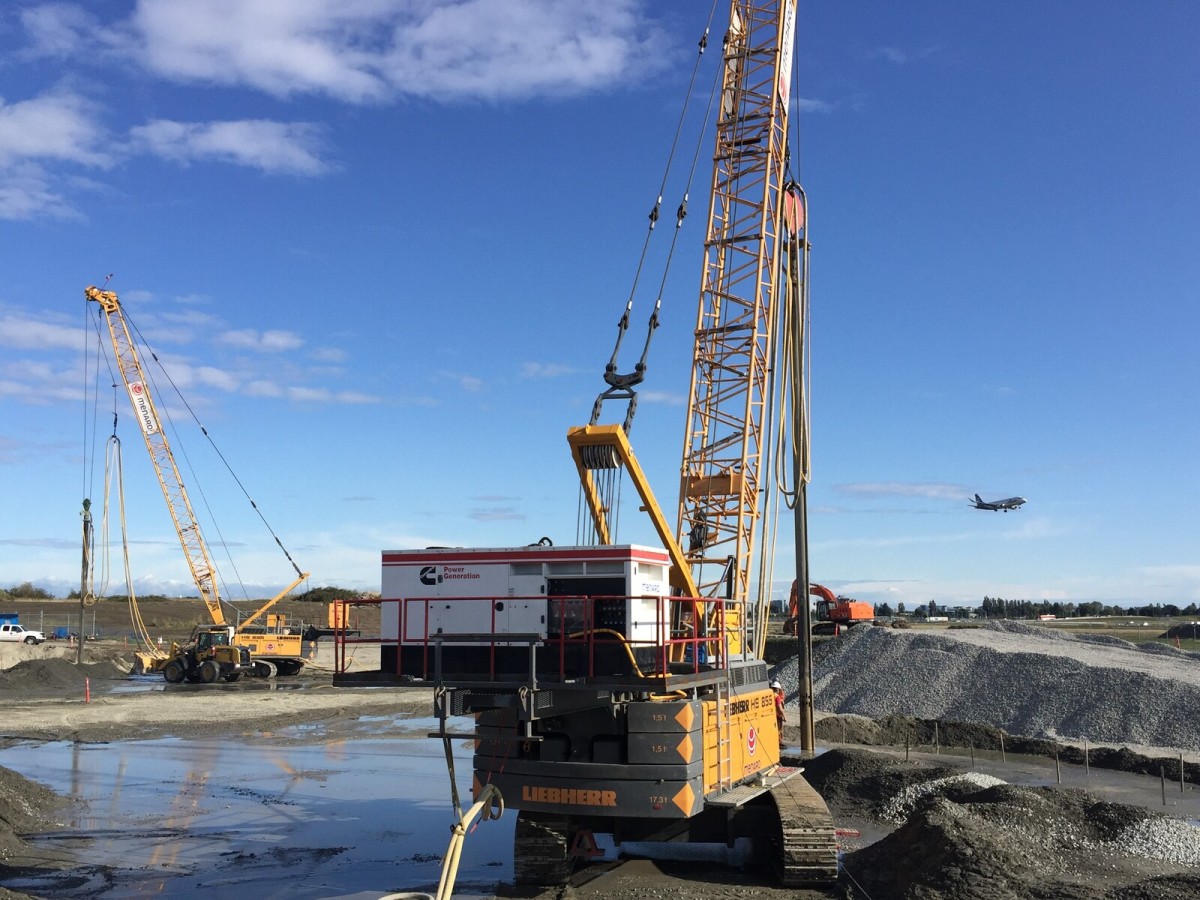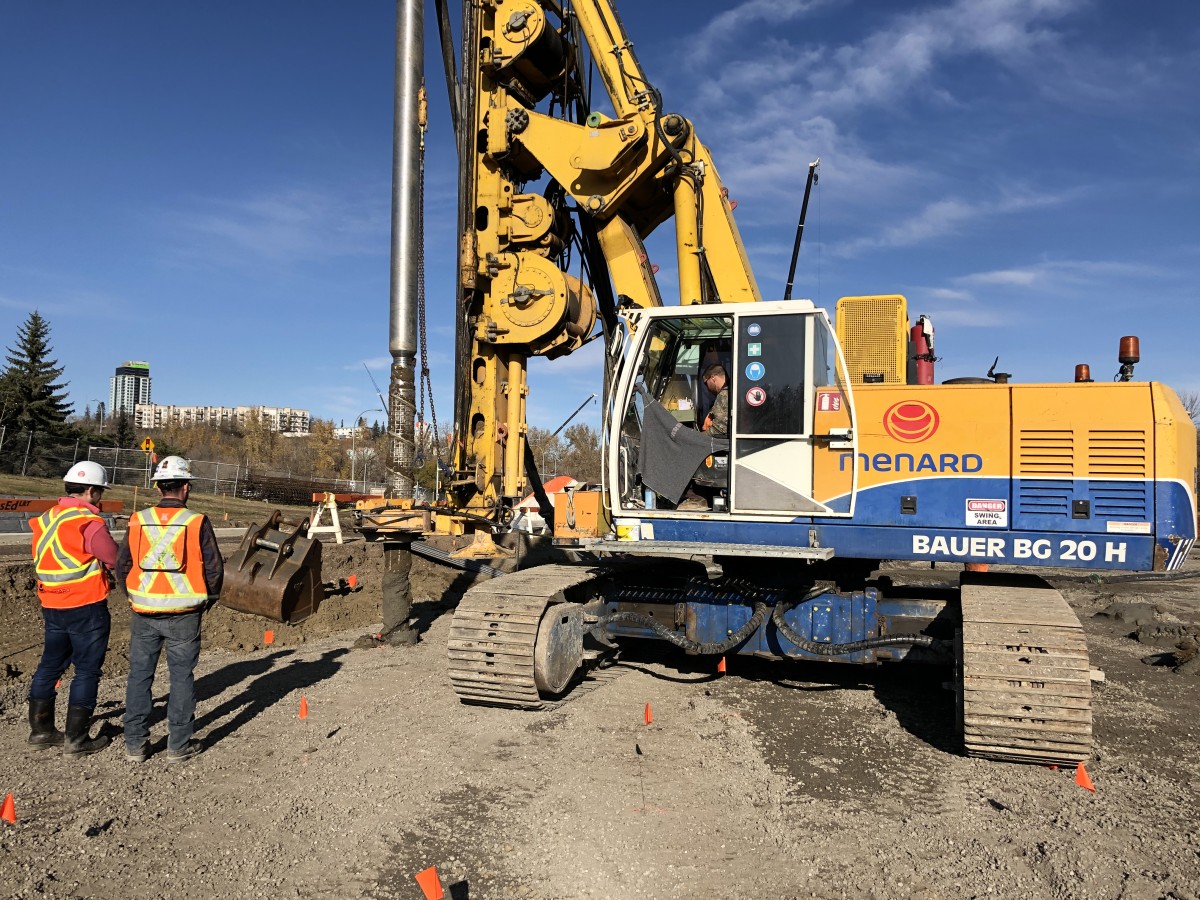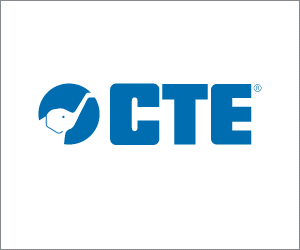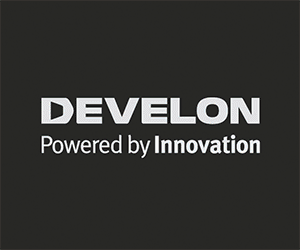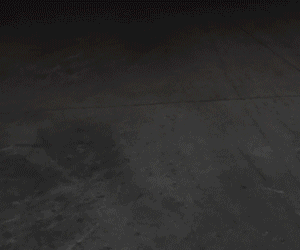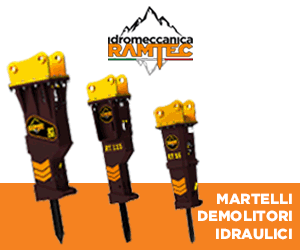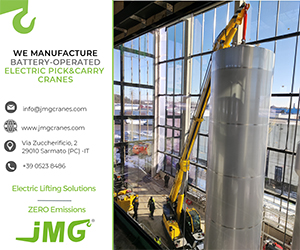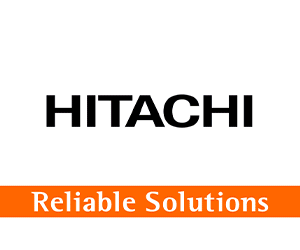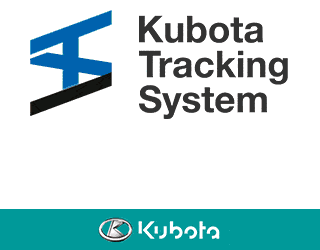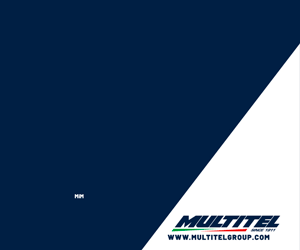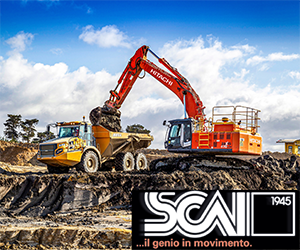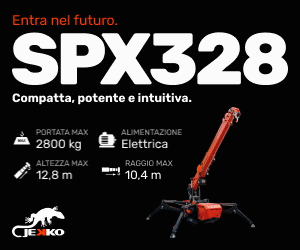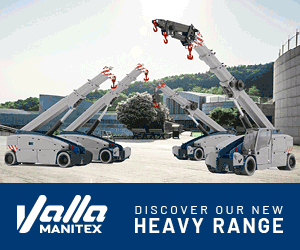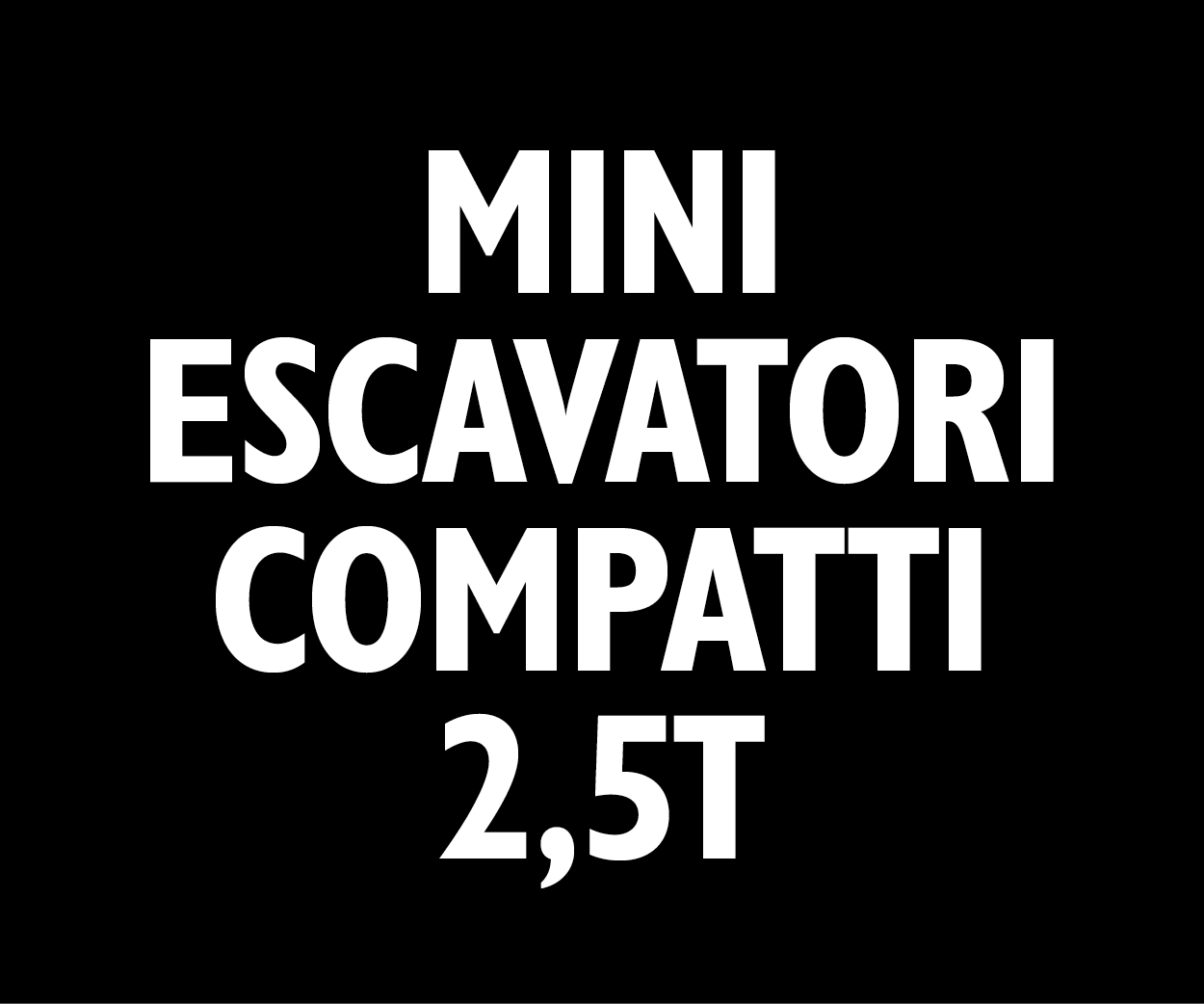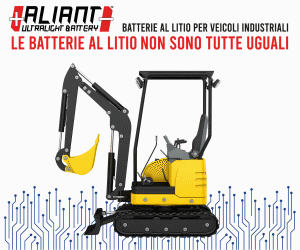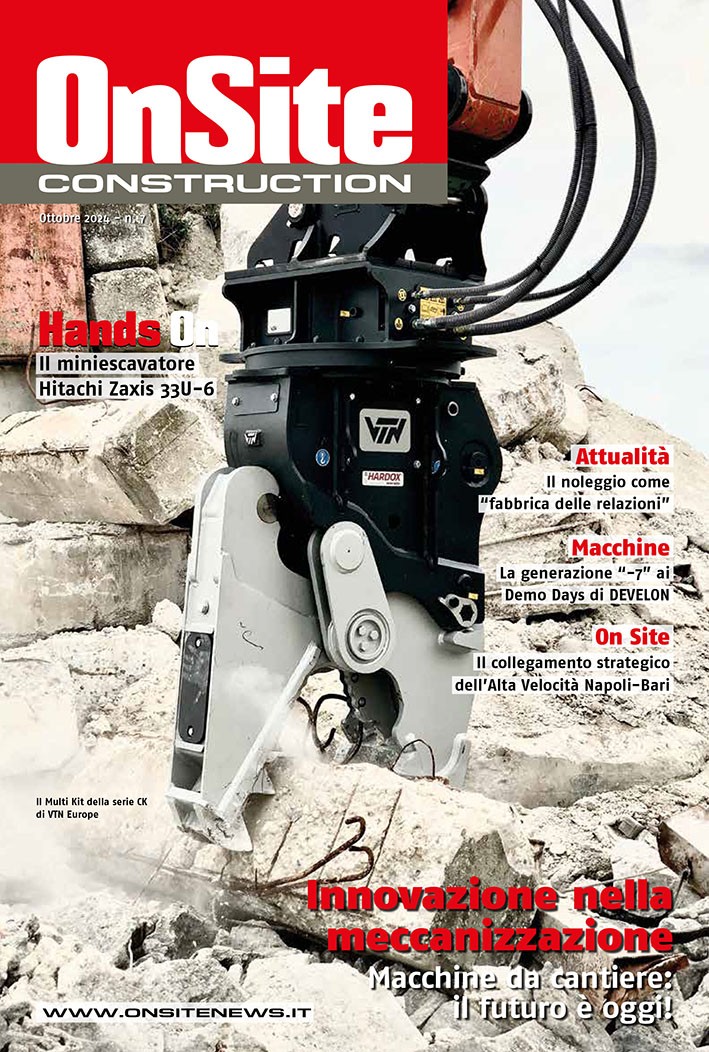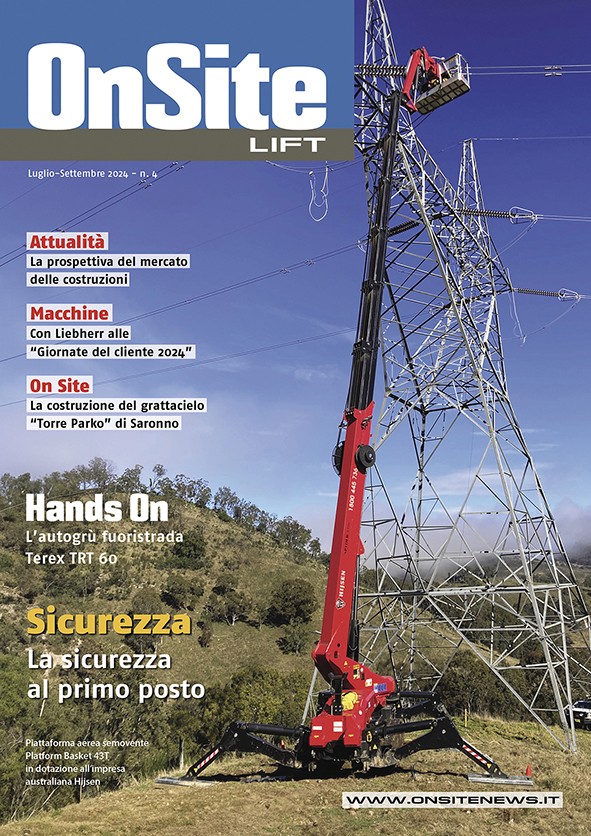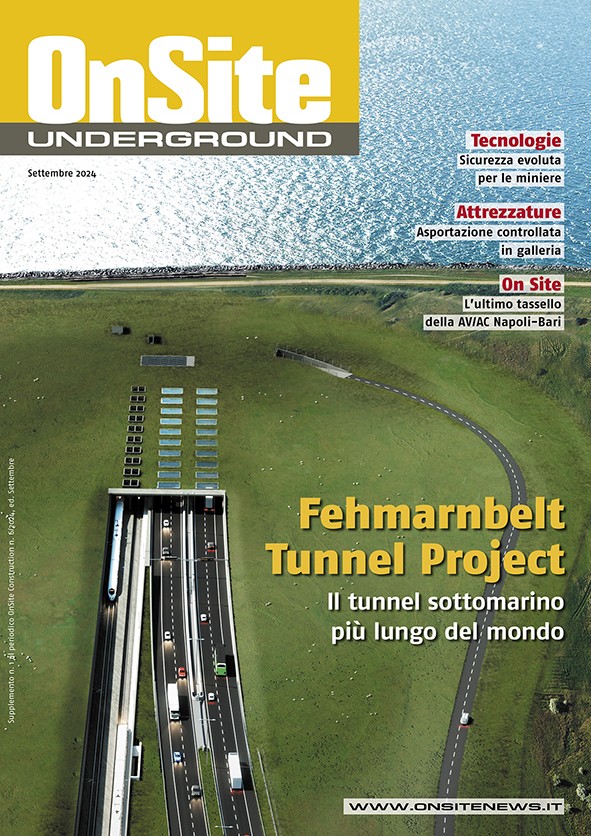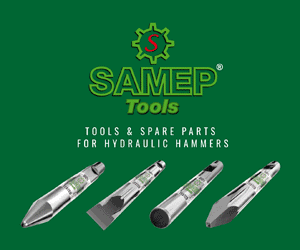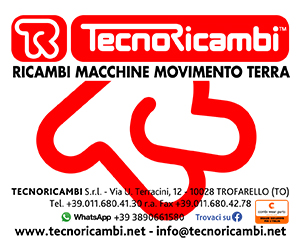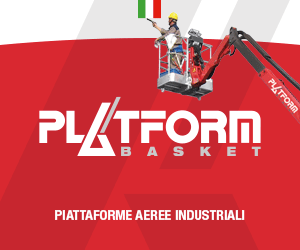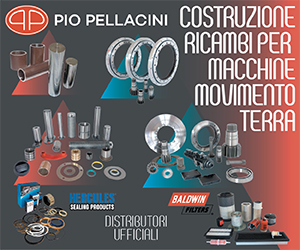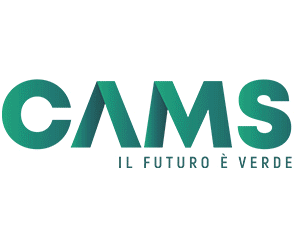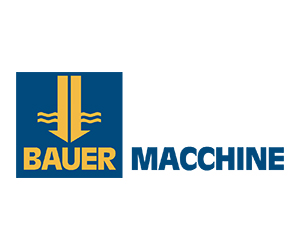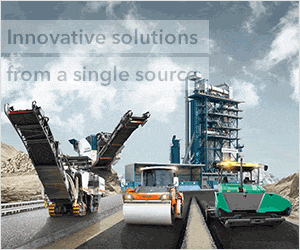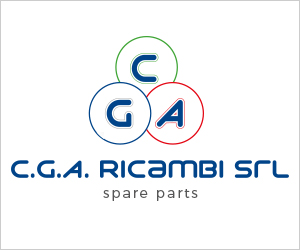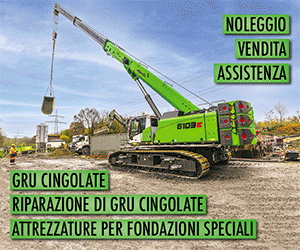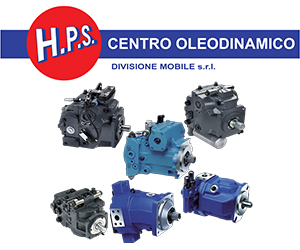Home \ International \ Menard: advancing in ground methods
Menard: advancing in ground methods
25/05/2022
Pubblicato da Redazione
Improvement techniques give developers and their project teams the ability to strengthen poor soils on sites focused for main projects of developing territories.
World specialist in foundation solutions based on ground improvement and reinforcement technologies. Since its inception in 1957, Menard is defining what ground improvement means: optimizing the properties of a soil to achieve the optimum geotechnical conditions and bear future surface structures. Our teams apply innovative solutions that eliminate the need for the deep foundations traditionally used.
In that specialized contracting business, Menard invented and deployed many of the techniques now widely in use including equipment, methodologies of design and quality control. We aim at continuing on that journey, by proposing innovative solutions to help building more efficiently on challenging grounds. From designing to building, we are experienced in all types of infrastructure, including ports, airports, highways, buildings, process and energy. Menard operates in among 80 countries through a network of local subsidiaries, which ensures a close understanding of client needs.
Beyond these strong local ties, Menard benefits from global expertise that allows it to undertake major international projects in all parts of the world. Having grown from a family firm, the company today employs more than 1,200 staff worldwide. Placing their wellbeing first, we have made safety our priority. More than a corporate value, it’s a state of mind, a positive attitude that allows us to perform even better. In addition to its core competencies of ground improvement specialist, Menard operates throughout the infrastructure life cycle, offering expertise in soil investigation and remediation through its ConeTec and Remea brands. Those two specialties are being developed using the existing Menard network to gain footprint and become worldwide global players in their field.
Toronto is seeing a wave of investment in new residential, commercial, and infrastructure projects. With the scarcities in developable urban land, leading developers and owners are increasingly considering parcels that were previously overlooked in the face of technical challenges to development. Many new developments are being built abutting heritage structures or incorporate restored facades, while others are rising from ever-tighter sites that require greater structural loads to be placed on limited-sized footprints. Further challenges include soil removals and handing, especially where there are known or assumed environmental concerns.
Ground improvement techniques give developers and their project teams the ability to strengthen poor soils on their sites. These techniques forego the costs and environmental risks of bulk excavation or deep foundation systems. Increasing the strength and stiffness of the existing soil allowing for traditional high-capacity footings and thin floor slabs. Despite the many advantages, noise and vibration from impact-based improvement methods are poorly suited for densely- built-out areas within the city.
Recently developed and trademarked ground improvement techniques now offer alternative solutions to these challenges, including a range of solutions from Menard Canada, a specialty geotechnical contractor with six Canadian offices that execute over 50 ground improvement projects annually. These techniques offer zero vibrations and minimal spoils allowing for widespread adoption in urban centres.
Developed in the 1990s by Menard in France, the Controlled Modulus Column (CMC) system uses a patented high torque displacement auger to install concrete columns to depths exceeding 30 metres, without soil removal. These columns are rapidly constructed below standard foundations to transfer structural loads through weak or unstable soils down to more competent layers or bedrock, controlling building settlements.
The CMC system has several advantages on challenging sites, ranging from cost savings, reduction in construction timelines, and elimination of noise and vibration. Unlike traditional drilled caisson systems or engineered fill, Menard’s CMC technique laterally displaces the existing soils which greatly reduces excess soil management on the project. Without the generation of excess soil or the need for costly foundation elements (pile caps, grade beams, structural slabs), the CMC system simplifies construction from the outset. Further savings can be found through Menard’s design-build lump sum project delivery, insulating owners and developers from costs typically added on for deep foundations as contractors encounter unexpected conditions.

Ultime notizie di OnSite News
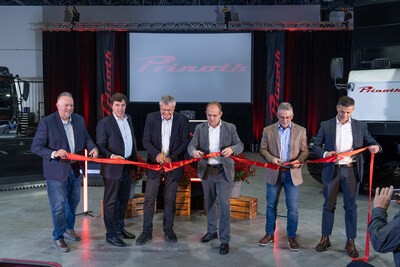
Earthmoving Machinery
25/11/2024
Prinoth Unveils Expanded Production Facility in Granby, Canada
Prinoth held an event to announce the official opening of it...
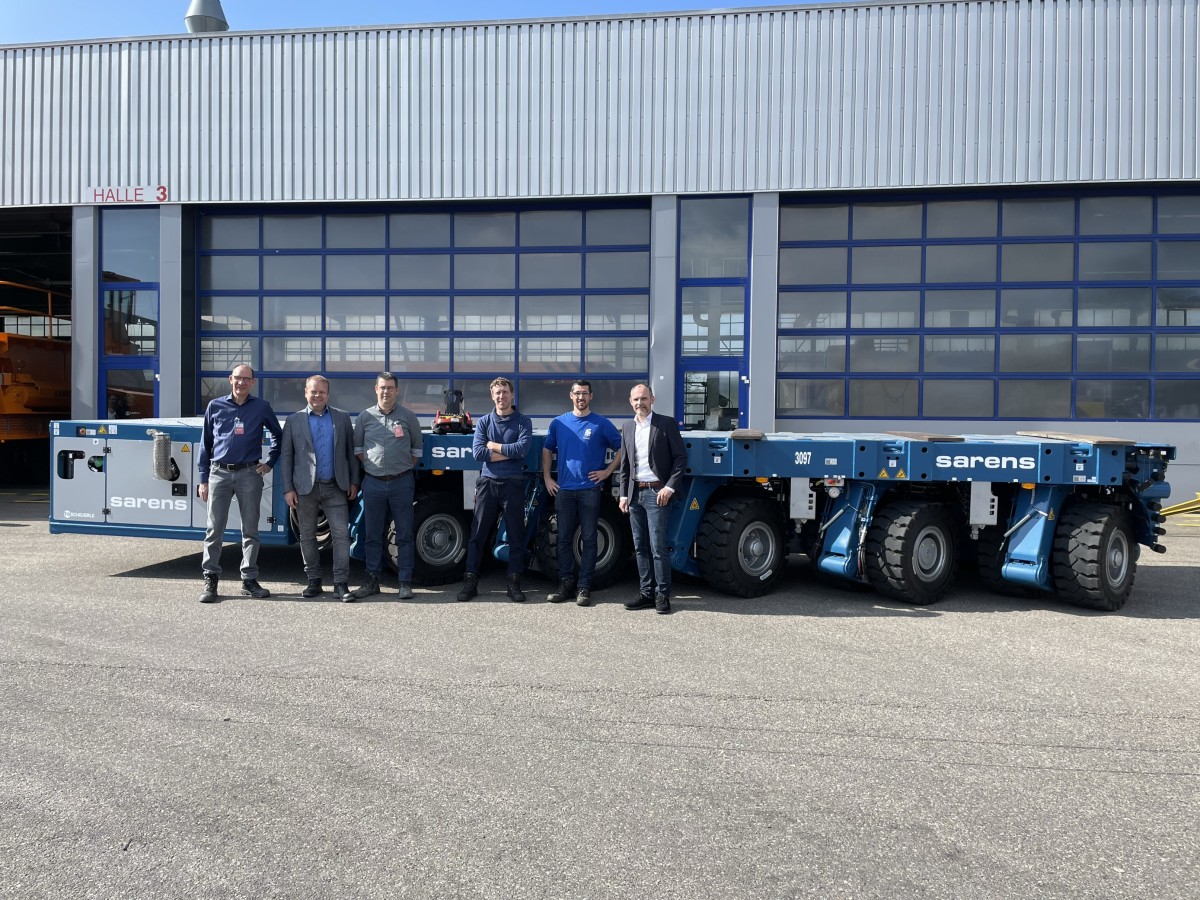
Logistics
22/11/2024
Sarens acquires additional SCHEUERLE SPMT K24 modules
renowned for its expertise in crane rental services, heavy l...
Equipments
21/11/2024
SITECH partners with Royal Engineers to create poppy and demonstrate tech offering
The demostration involved creating a ground-level poppy desi...
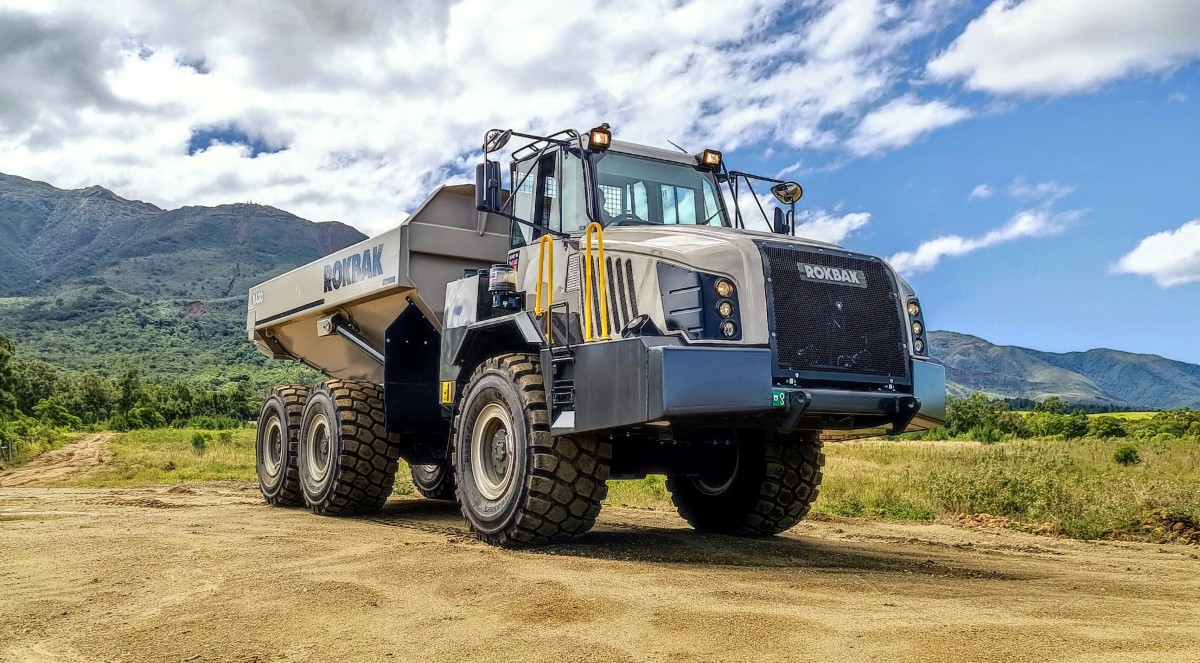
Earthmoving Machinery
20/11/2024
Strong and stable RA30 trucks carry the weight at New Caledonian mine
Three Rokbak RA30 trucks are delivering exceptional durabili...
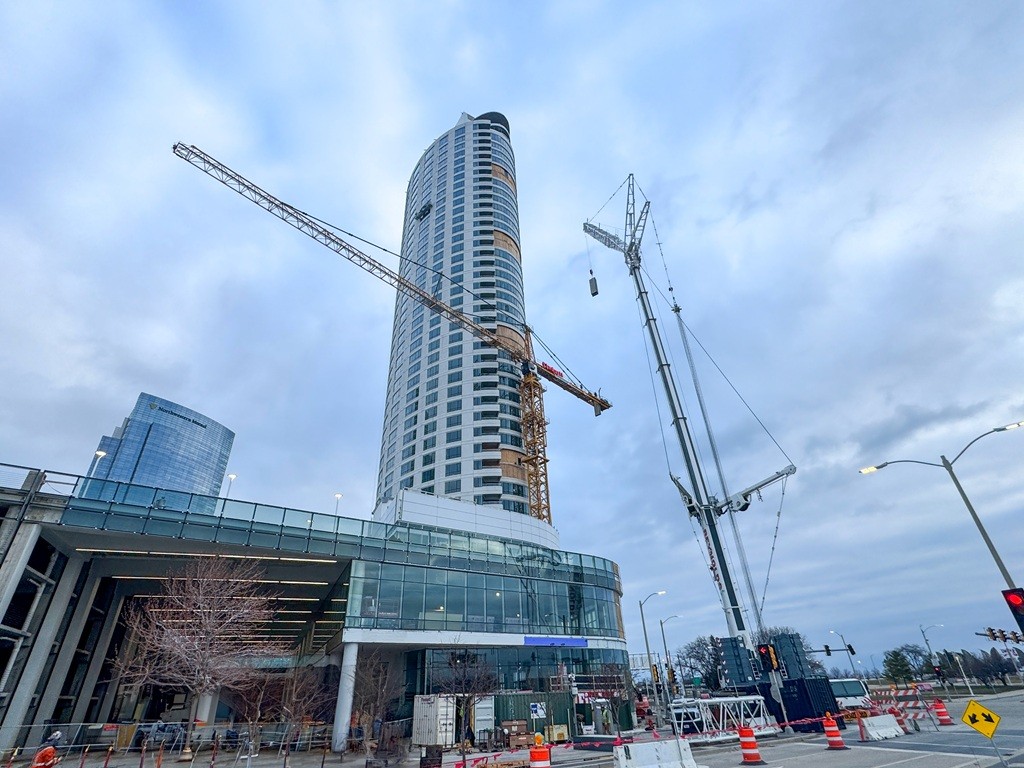
Lifting
20/11/2024
Tadano AC 7.450-1 Performs Double Duty in Wisconsin
A cost-saving and versatile solution was already on site - a...
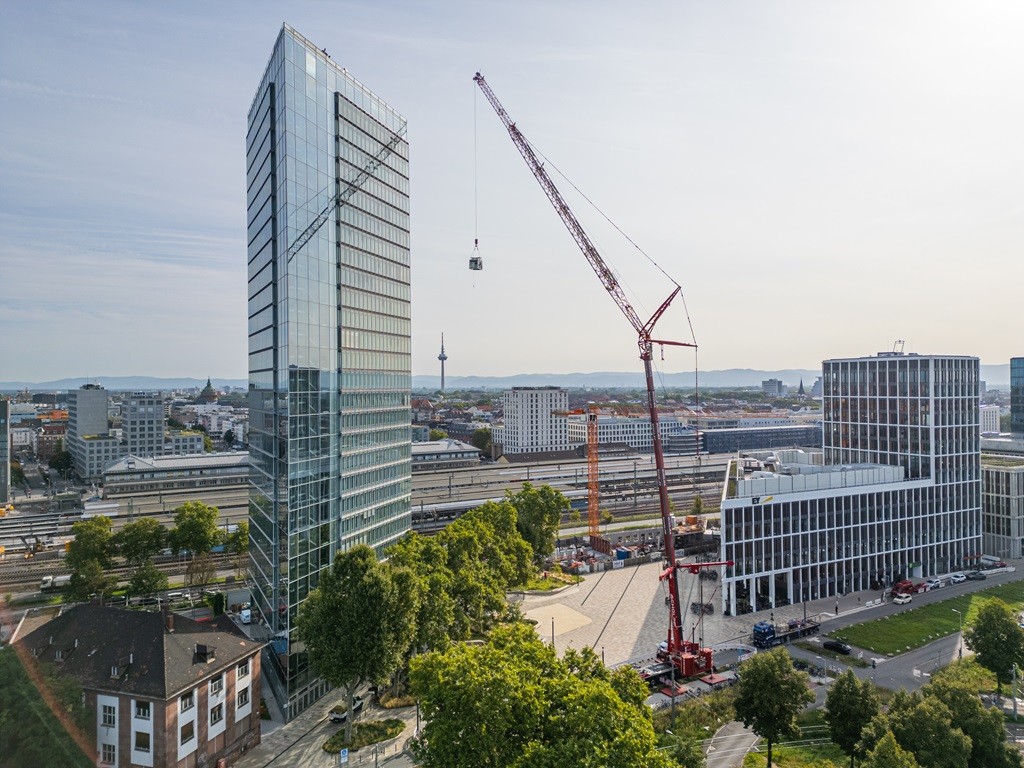
Lifting
11/11/2024
Tadano AC 7.450-1 all terrain crane for the Victoria Tower in Mannheim
Tadano AC 7.450-1 all terrain crane lifts cooling unit to to...
Altri International
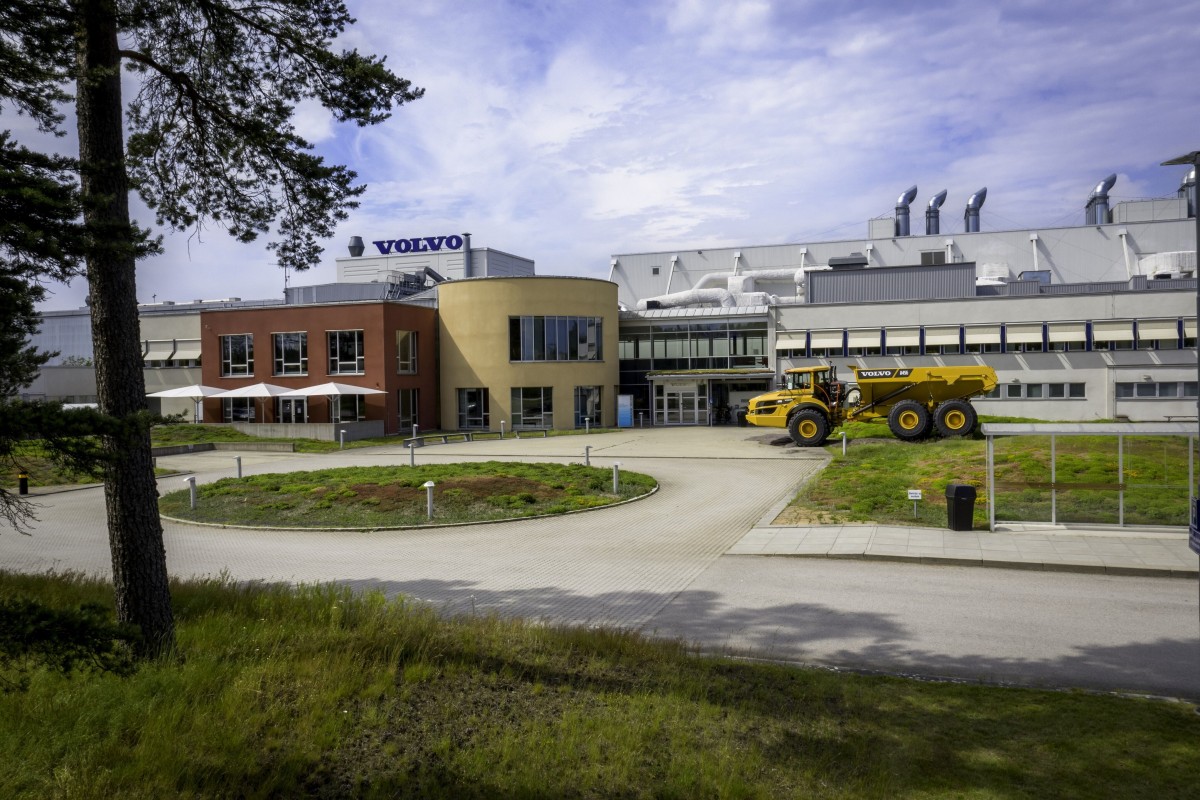
International
27/11/2024
Home of Volvo Construction Equipment’s pioneering articulated haulers advances to Climate Efficient Site
As one of the construction industry’s most active drivers of...
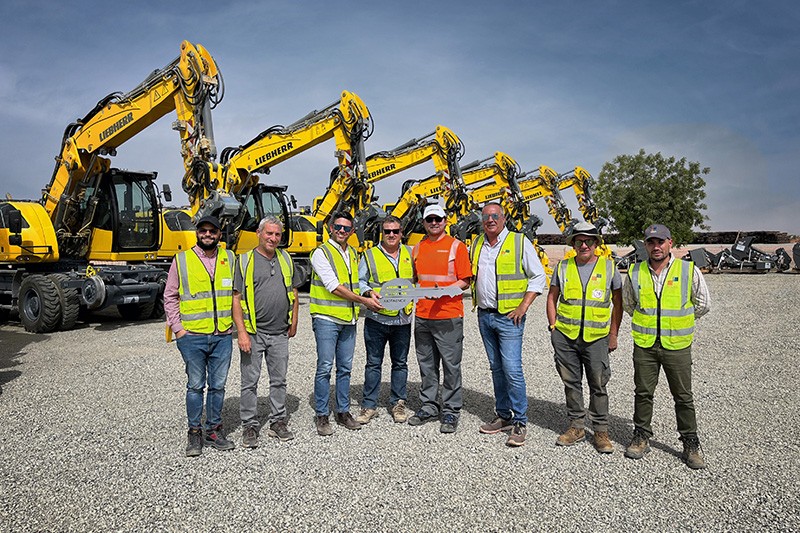
International
26/11/2024
Mota-Engil orders 10 Liebherr railroad excavators for a major project in West Africa
The Portuguese construction company Mota-Engil has once agai...
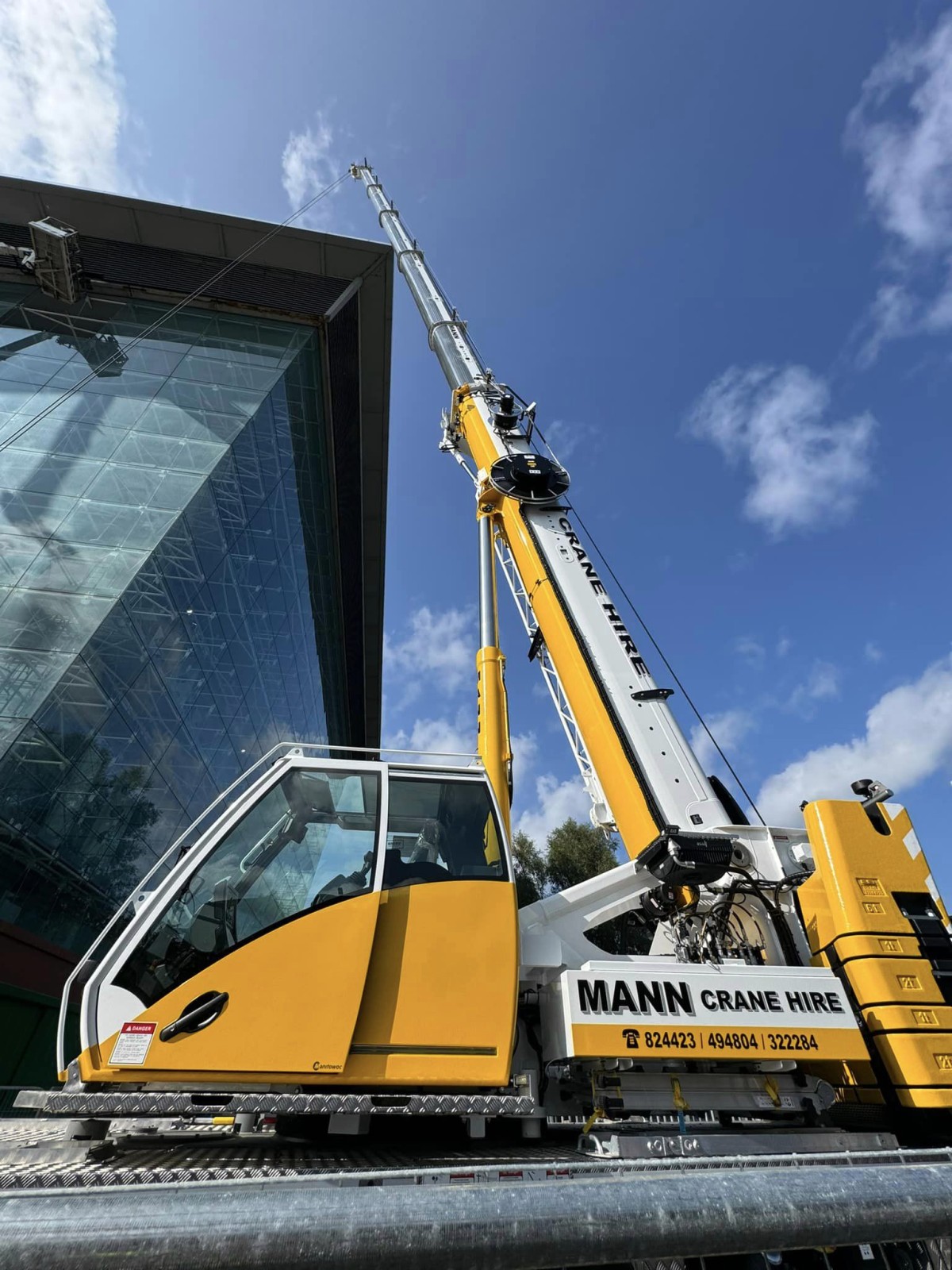
International
25/11/2024
New Grove GMK3060L-1 drives busy schedule for Mann Crane Hire
• Mann Crane Hire selected the GMK3060L-1 for its class-lead...

International
25/11/2024
Prinoth Unveils Expanded Production Facility in Granby, Canada
Prinoth held an event to announce the official opening of it...
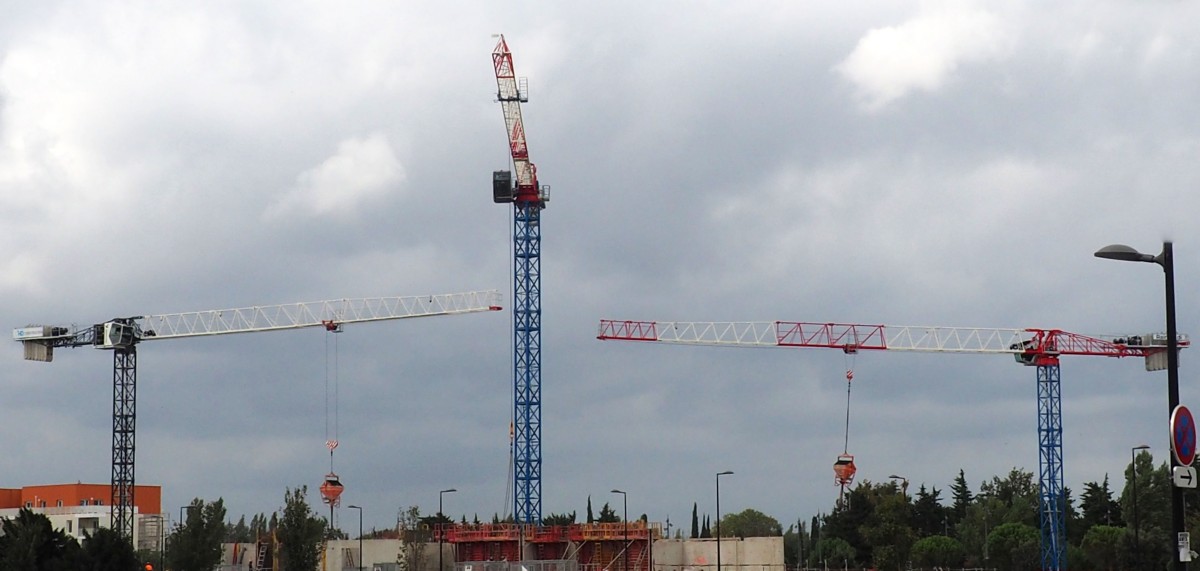
International
23/11/2024
GPMat International takes delivery of two Raimondi T147s residential development in the South of France
- Official agent of France expands its product lineup with t...

International
22/11/2024
Sarens acquires additional SCHEUERLE SPMT K24 modules
renowned for its expertise in crane rental services, heavy l...











